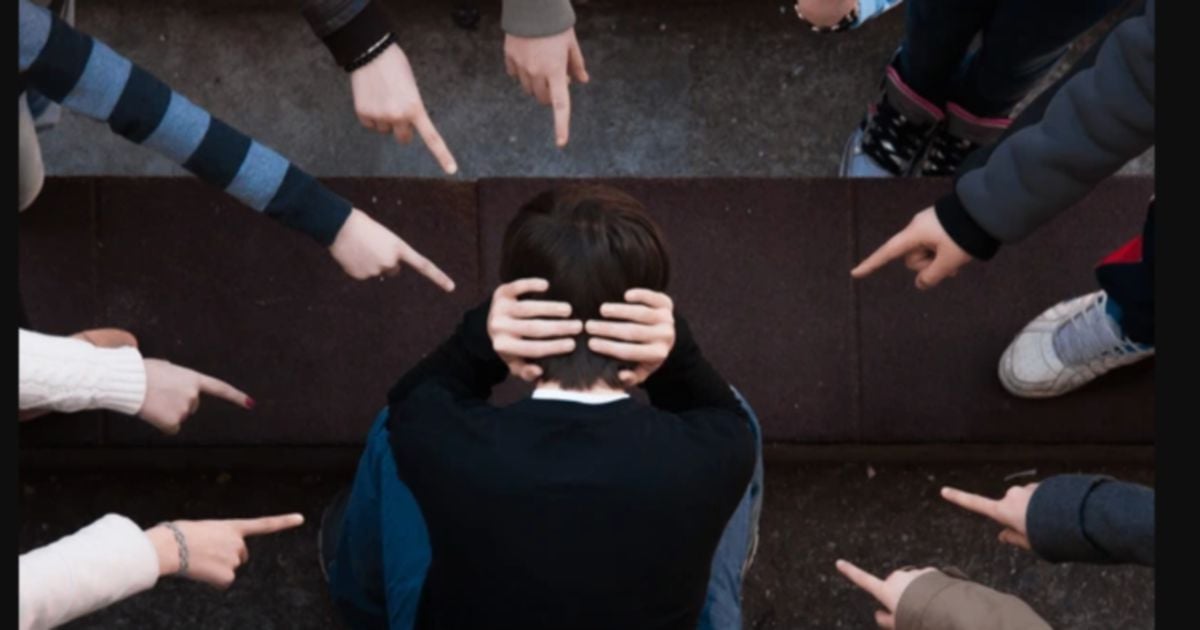KUALA LUMPUR: The Human Rights Commission of Malaysia (Suhakam) has urged the government to strengthen the complaints system for bullying cases, saying the current mechanisms are fragmented and ineffective.
Children’s commissioner Dr Farah Nini Dusuki highlighted the lack of a ‘one-stop centre’ that filters and directs bullying complaints to all relevant agencies.
“What we have now is a lot of gaps. The system is split and not comprehensive,” she said.
Farah was speaking at a special briefing session for members of parliament on bullying, held by the Parliamentary Special Select Committee on Women, Children and Community Development today.
The session was delivered by the Childline Foundation in collaboration with the Office of the Children’s Commissioner (OCC) and Suhakam.
Farah said that existing platforms were also not child-friendly, pointing to the Education Ministry’s reporting process via Public Complaints Management System (SisPAA), which uses bureaucratic terms and has no chat feature suitable for those under 18.
She added that there are barriers such as digital inequality, language gaps, and a lack of accessibility for people with disabilities.
Meanwhile, Farah acknowledged to lawmakers that the legislation process is long and thus urged the promotion of the bullying amendments to the Penal Code.
The commissioner was referring to the Penal Code (Amendment) Act 2025 (Act A1750) introduced earlier this year, which aimed to address bullying, harassment, insults and identity misuse, including those committed online.
“It may not be the best law, but at least it describes bullying as specific criminal offences,” she said.
Nevertheless, she called for a law for child offenders to be diverted to intervention programmes.
“Diversion does not mean we are not taking action. We are taking action more proactively,” she explained.
Farah said that criminal charges should be a last resort and that child offenders should be dealt with outside of the criminal procedure.
“If we can, we want to focus on children outside the criminal procedure. If someone really cannot be rehabilitated, then you can charge them under the Penal Code.
“In Malaysia, the moment something happens, we go straight to punishment. We cannot have that kind of attitude. We must use hikmah (wisdom),” she said, adding that most troubled children she had met had roots of hardship at home.
© New Straits Times Press (M) Bhd






